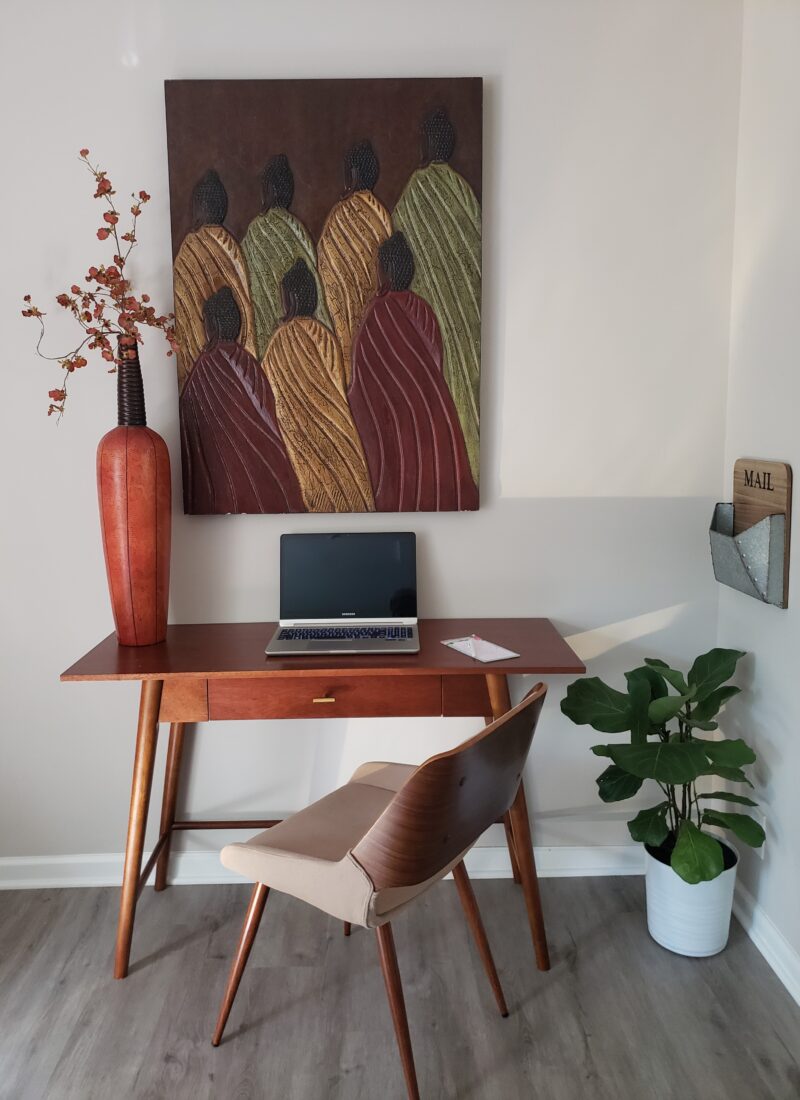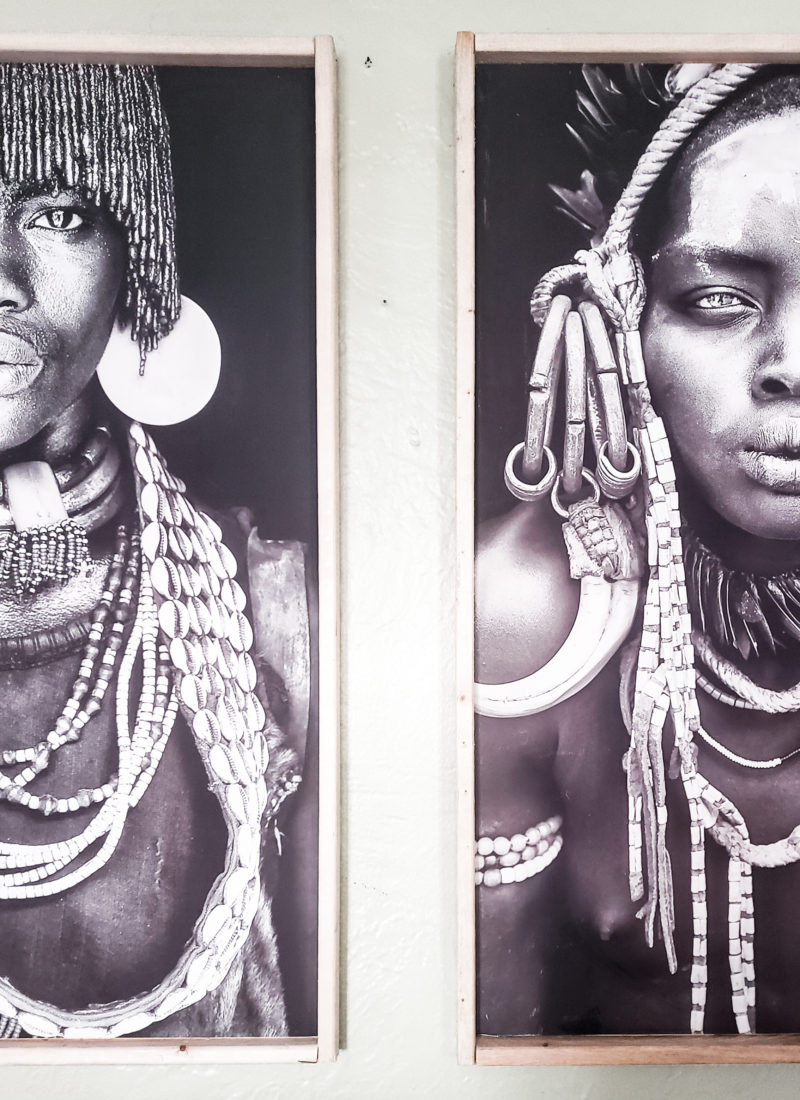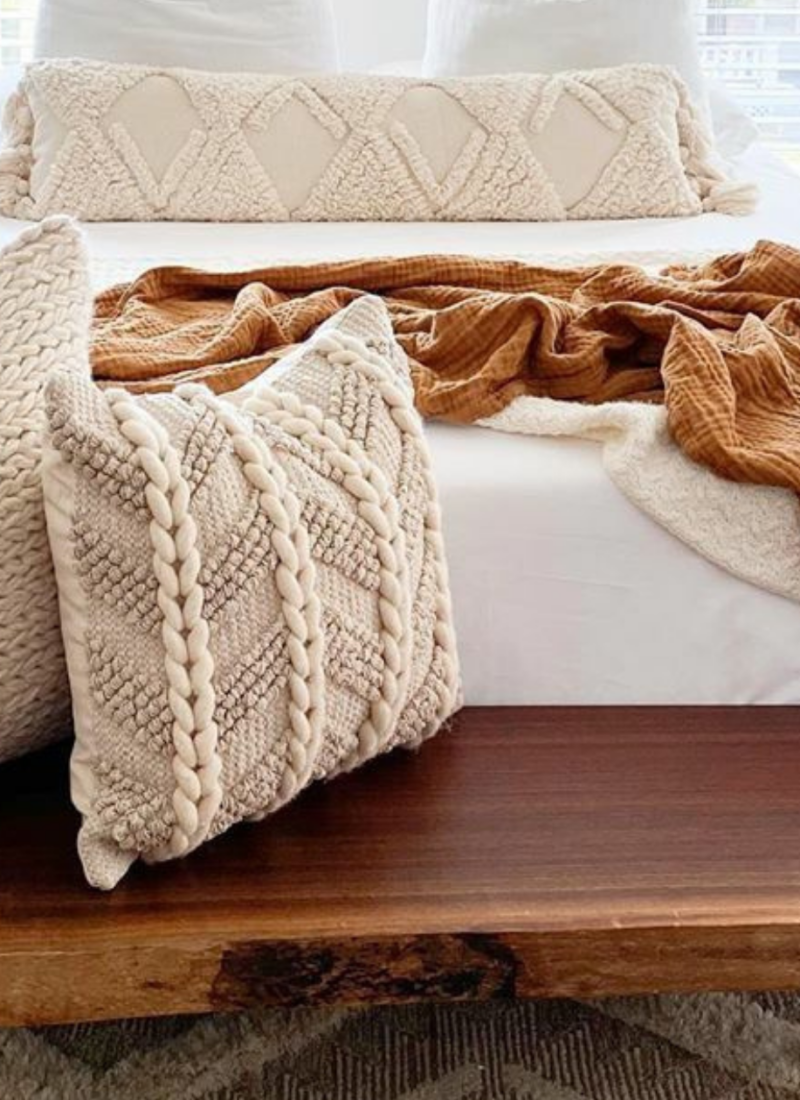Introduction: Homeownership is Our Power
For generations, Black families have been locked out of homeownership. From redlining to unfair lending practices, systemic barriers have made it harder for us to own property and build wealth. In 1968, when the Fair Housing Act was passed, Black homeownership sat at 42%—today, it’s still only 45.9%, compared to 74% for white households.
We are still fighting for what we should have had generations ago. But sis, we’re here to break cycles.
Homeownership isn’t just about having a roof over your head. It’s about legacy, stability, and wealth-building for future generations. When we own land, we have leverage, power, and a permanent seat at the table.
This guide is your playbook to navigating the homeownership process from start to finish—with your struggles, perspective, and goals in mind.
Step 1: Shift Your Mindset—You DESERVE to Own Property
Too often, we’ve been told that homeownership isn’t for us. That it’s “too expensive,” “too complicated,” or that we should just stick to renting. That’s a lie.
The History: Why Black Homeownership Was Denied
After World War II, the U.S. government created housing programs like the GI Bill, which helped millions of white veterans buy homes—but denied the same benefits to Black soldiers. This led to a massive racial wealth gap that still exists today. By 2053, Black median wealth is projected to be $0 if we don’t change course.
 Why Black Homeownership is a Game-Changer
Why Black Homeownership is a Game-Changer
✅ Your monthly payment builds equity (not just paying your landlord’s mortgage)
✅ You gain financial security—Your home can appreciate in value
✅ You create generational wealth—You can pass down assets to your children
✅ You gain stability & control—No rent hikes, no sudden evictions
📌 Real Talk: The biggest barrier isn’t always money—it’s access to knowledge. The more we know, the more power we have. This guide will break it ALL down.
Step 2: Know Where You Stand Financially
Buying a home means getting your financial house in order. Before applying for a mortgage, you need to understand your numbers.
1️⃣ Check Your Credit Score
Your credit score determines whether a bank will approve you for a loan and what interest rate you’ll get.
🔹 Score of 620+ → You can qualify for FHA loans (good for first-time buyers)
🔹 Score of 680+ → You can qualify for conventional loans with better interest rates
🔹 Score of 740+ → You’ll get the best loan terms & lowest rates
📌 The Struggle: Studies show that Black borrowers are more likely to be denied loans than white borrowers with the same credit scores. Banks still use discriminatory lending practices today.
💡 Quick Fixes to Improve Your Credit: ✔️ Pay off past-due accounts & dispute any errors
✔️ Keep credit utilization below 30%
✔️ Don’t apply for new credit before buying
✔️ Pay all bills on time (even a late phone bill can drop your score!)
2️⃣ Determine Your Home Buying Budget
Just because a bank approves you for a $400,000 home doesn’t mean that’s what you should spend. Let’s do real math:
💰 Use the 28/36 Rule:
- Your mortgage payment should be no more than 28% of your monthly income.
- Your total debt (student loans, car notes, credit cards) should be no more than 36% of your income.
🔹 Example: If you make $75,000 per year, your max monthly mortgage should be $1,750 or less.
📌 The Struggle: Black college graduates hold twice as much student loan debt as white graduates. Lenders count this against us, making it harder to qualify for home loans.
📌 Pro Tip: Use mortgage calculators online to estimate your monthly payments (including taxes, insurance, and HOA fees!).
Step 3: Secure Your Down Payment & Closing Costs
How Much Do You Need to Save?
Most first-time homebuyers assume they need 20% down—but that’s not true!
🔹 FHA Loans → Only 3.5% down (great for first-time buyers)
🔹 Conventional Loans → As low as 3-5% down
🔹 VA Loans (for veterans) → 0% down
💰 Closing Costs: 3-5% of home price (covers fees, inspections, insurance, etc.)
📌 Case Study: A recent report found that Black households have a median savings of just $3,500, compared to $24,000 for white households. This makes down payments harder to afford.
📌 Where to Find Help for Down Payment Assistance:
✔️ State & Local Grants → Many states offer first-time homebuyer programs with FREE down payment assistance.
✔️ Bank Programs → Some banks (like Chase, Wells Fargo) offer grants & incentives for first-time Black homebuyers.
✔️ Nonprofits → Organizations like NACA and NeighborhoodLIFT provide zero-down mortgage options.
Step 4: Get Pre-Approved for a Loan
Before you even start looking at houses on Zillow, get pre-approved for a mortgage.
📌 The Struggle: Black homebuyers are often given higher interest rates, even when they have the same financial profile as white buyers.
📌 What You’ll Need:
✔️ Proof of income (pay stubs, tax returns)
✔️ Bank statements
✔️ Credit report
✔️ Employment verification
💡 Why This Matters: A pre-approval letter shows sellers you’re a serious buyer and gives you a competitive edge in this market.
Final Step: Building Generational Wealth Through Homeownership
Buying a home is just the first step. Using it to create wealth is the ultimate goal.
💰 Ways to Leverage Your Home for Wealth:
- Rent out extra rooms/Airbnb
- Use home equity for investments
- Pass down property through estate planning
📌 Legacy Building: Too many Black families lose homes because there’s no will or estate plan in place. Talk to a lawyer about protecting your asset for future generations.
🔥 NEXT STEPS: Want More Guidance? 🔥
✅ Join my Soulful Home Bootcamp—Already own a home? Learn how to make HOME feel like a home with SOUL
✅ Need 1:1 support? Book a Homeownership Strategy Session—Let’s create your plan!
✅ Follow for more real estate & homeownership tips!
💬 Drop a 🏡 in the comments if you’re ready to buy your first home!



Leave a Reply